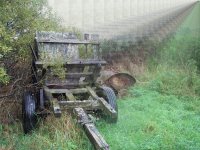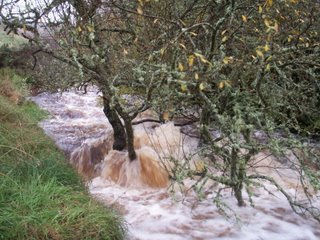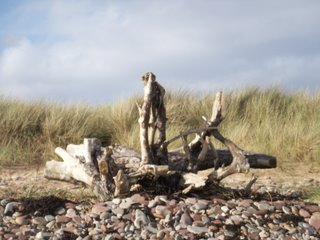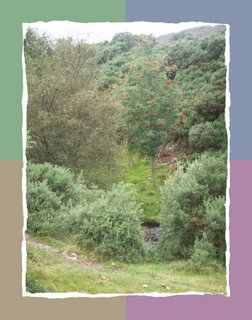
MacRae spoke at one meeting of the Free Church Stornoway on the:
Unusual features of the present religious movement in Lewis.
He was convinced there was a revival in Lewis and a work of God. But he wanted people to consider some of the peculiar features of it.
In particular MacRae wished the meeting to consider that in Park... convulsive fits.
Grimshader ...Trembling or tremors...With crying.
At Point and Shader trances and women praying and exhorting ( ...and a good deal of disorder).
He noted further
Those or some could not give an explanation to what was happening. Rather than looking for the work of the Holy Spirit people were disappointed if there was no manifestations.
Secondly MacRae saw a sense of superior order of Christians taking hold with those who had experienced some of the manifestations.
He felt that matters might lead to unscriptural extravagances.
He also talked and reported on other happenings in the country, quoting Kilsyth and Cambuslang.
He concluded that the manifestations were neither good or evil but hysteria.
He quoted the medical observations for hysteria.
Highly strung people mainly young women
Infectious
Associated with convulsions tremors and trances
Attacks are always in an audience never alone.
Those effected say they could not help themselves.
If wanted to those effected could have controlled themselves.
Delusions and hallucinations
Consciousness not lost.
MacRae was concluding that mass hysteria was happening in Lewis and his concern was separating it from the work of the Holy Spirit.
Hi did specifically acknowledge the work of the Holy Spirit at that time.
Quoting the action of McChenye from Dundee. He was supporting the need to have religious meetings closed by 11.00 pm. "Lest Good be evil spoken".
It is clear from MacRae there is a need to discern what is of God and a work of the Holy Spirit and what is not. While he saw the Lewis revival as of God, not all was his making. It is easy to be tricked in times of revival to assume all phenomena are in connection with the spirit of God, and to question it is to hinder that Revival. There is a more discerning Church today- but a good warning nevertheless.






